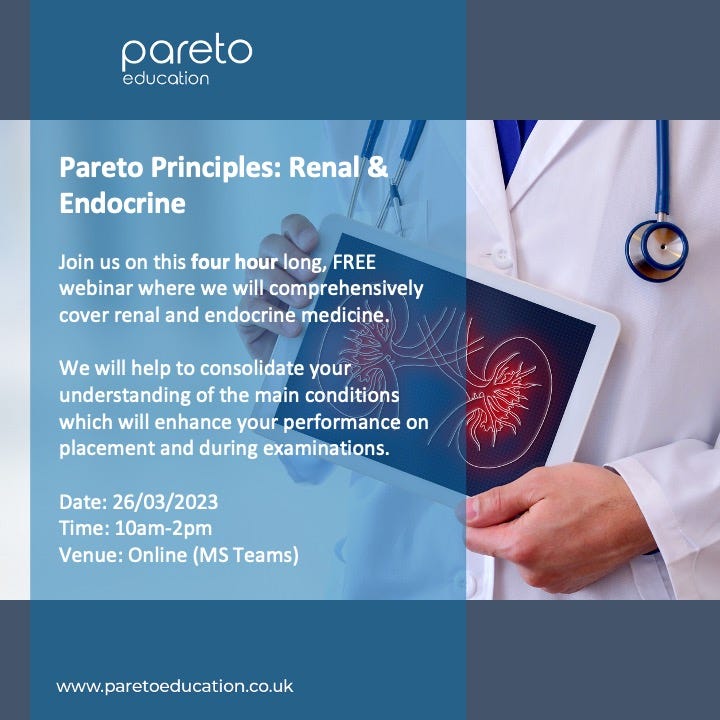The month of Ramadan is starting soon and I as well as many Muslims in the UK will be getting ready to give up food and drink for a higher purpose.
My supervisor will be joining me in this endeavour but more to institute intermittent fasting into her life. I’ve been sharing some tips about some of the things I do yearly to help me fast and it will certainly feel like a shared struggle this year.
One thing we both agree on is that we’ll certainly miss caffeine. That mid-morning cup of coffee during a busy surgery certainly brings a moment of happiness to me as well as others. When the fatigue sets in during the afternoon, a quick cup of tea or coffee gives me the pick up I need. Everyone has their own pattern and yup - you’ve guessed it, this weeks newsletter is about caffeine!
I’ve always known bits about caffeine but I’ve only recently started to research into its benefits/harms. I always tell patients with tension headaches to cut their caffeine, ask about caffeine when thinking about causes atrial fibrillation and I even told my wife to switch to decaf when she was pregnant!
But really.. what are the benefits and risks of caffeine?
Does coffee actually keep us awake?
Do we drink “too much coffee?”
How much coffee is “bad”?
Can coffee help with mood/weight loss?
This article by Parry et al, 2013 made for a fascinating read as it answered many of the questions I had.
Here are some useful summary points about caffeine which you may not have known.
Caffeine works by inhibiting adenosine and increases activity in the basal forebrain and hypothalamus, in turn inducing wakefulness and increased alertness. This can also explain why it is known to improve mood.
You need about 400mg of caffeine in a day to induce constant wakefulness. That’s about 4-5 cups of coffee per day. Anything less means that you’re not actually getting much stimulant effect.
Serum caffeine concentration peaks 20-180 minutes post ingestion with a half life if three to seven hours. So a single cup of coffee can work for a while!
Caffeine has been shown to increase response times and visual information processing. Interestingly, caffeine given to sleep derived individuals has found their processing to be at similar levels to those who were not sleep derived.
84% of healthcare professionals purchase/make a coffee per day - so we are not alone!
180mg per capsule of coffee is scientifically proven to assist with weight loss.
Excess caffeine (> 400mg) has been shown to reduce dexterity by increasing hand tremor. It has also been found to increase nervousness, irritability and insomnia. So perhaps avoid this before doing a complex procedure?
So consider the above the next time you have some coffee. It has a profound effect on concentration but don’t go overboard as you might get a little “shaky” in your practice.
Until next time!
Sign up for our next webinar
Yup - you heard it. We are back with another monthly webinar where we are covering renal and endocrine medicine. We’ll be going through the pathophysiology of the core conditions to help give you the fundamental understanding behind the disease.
Sign up via our website and share with others who may benefit
Please like & share
Check us out on our various pages
Website: www.paretoeducation.co.uk
Instagram: www.instagram.com/pareto_ed
Twitter: www.twitter.com/pareto_ed
Youtube: https://bit.ly/3DPm23c
Email: paretopaeducation@gmail.com





